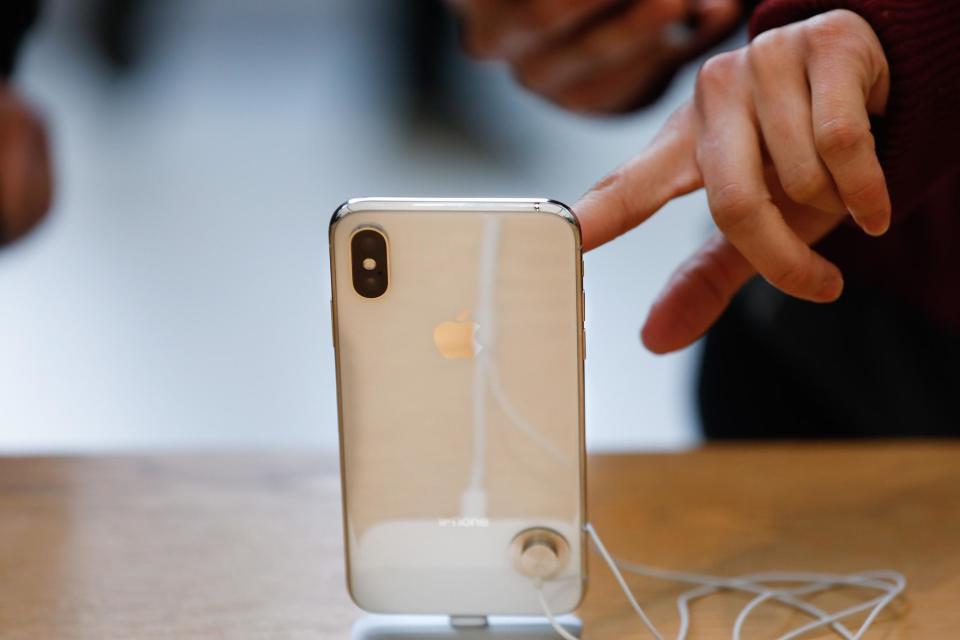iPhones are not listening in on their users, Apple says – but third-party apps could be

iPhones do not listen in on their users, Apple has said – but apps still could be.
The company has spoken out over a popular theory that technology products like iPhones use their microphones to spy on their users. It is often suggested that data is being collected for ads – partly as an explanation for the often bizarrely relevant posts that show up on websites like Facebook.
Apple said that it would not allow a third-party app like Facebook or Instagram to listen in on its users. But it also said that it is unable to monitor what developers do with the data they collect.
Apple's response came as US lawmakers looked into how technology companies collect information on their users. US lawmakers contacted many of the biggest tech firms to ask whether they ever listened in on their users, as well as what they did with any data collected by their voice assistants.
Representatives Greg Walden, Marsha Blackburn, Gregg Harper and Robert Latta wrote to Apple's chief executive Tim Cook and Alphabet Inc chief executive Larry Page in July, citing concerns about reports that smartphones could "collect 'non-triggered' audio data from users" conversations near a smartphone in order to hear a 'trigger' phrase, such as 'Okay Google' or 'Hey Siri'.
In a letter to Walden, an Oregon Republican who chairs the House Energy and Commerce Committee, Apple said iPhones do not record audio while listening for Siri wakeup commands and Siri does not share spoken words. Apple said it requires users to explicitly approve microphone access and that apps must display a clear signal that they are listening.
The letters, in which lawmakers cited reports suggesting third-party applications had access to and used 'non-triggered' data without users' knowledge, followed congressional hearings in April into Facebook's privacy practices, which included testimony by its CEO Mark Zuckerberg.
Alphabet did not respond to questions about whether it had replied to lawmakers. Apple declined to comment beyond its letter, which was seen by Reuters.
A spokeswoman for the Republican majority on the House Energy and Commerce Committee said "both companies have been cooperative thus far. The Committee looks forward to reviewing and analysing the responses as we consider next steps."
Apple wrote that it had removed apps from its App Store over privacy violations but declined to say whether it had ever banned a developer. It also said it was up to developers to notify users when an app was removed for privacy reasons.
"Apple does not and cannot monitor what developers do with the customer data they have collected, or prevent the onward transfer of that data, nor do we have the ability to ensure a developer's compliance with their own privacy policies or local law," Apple wrote.
The iPhone maker's App Store has generated $100 billion in revenue for developers over the past decade. Apple told lawmakers in its letter that it rejected about 36,000 apps from among the 100,000 submitted each week for violations of its guidelines.
Additional reporting by Reuters

 Yahoo News
Yahoo News 